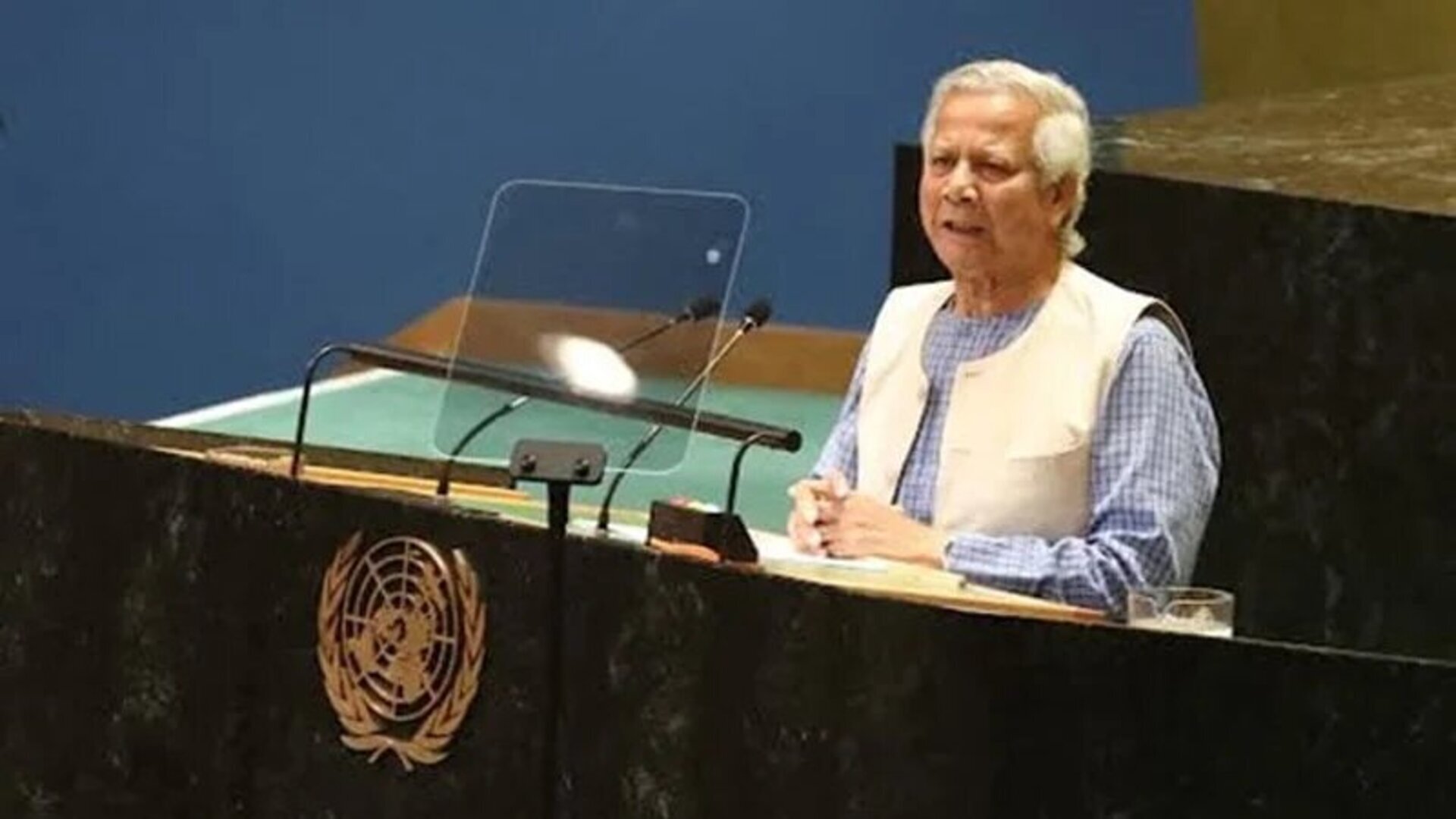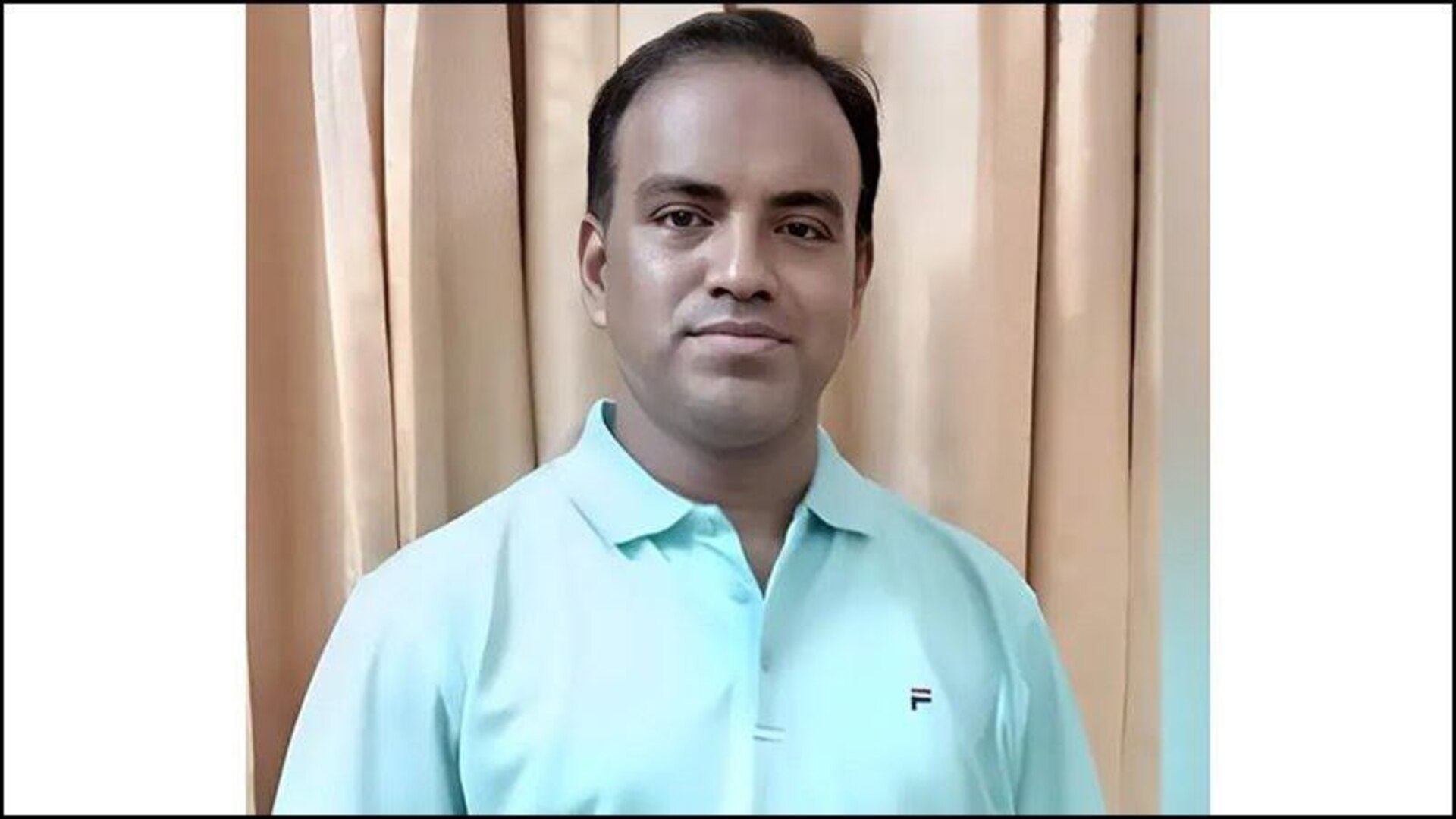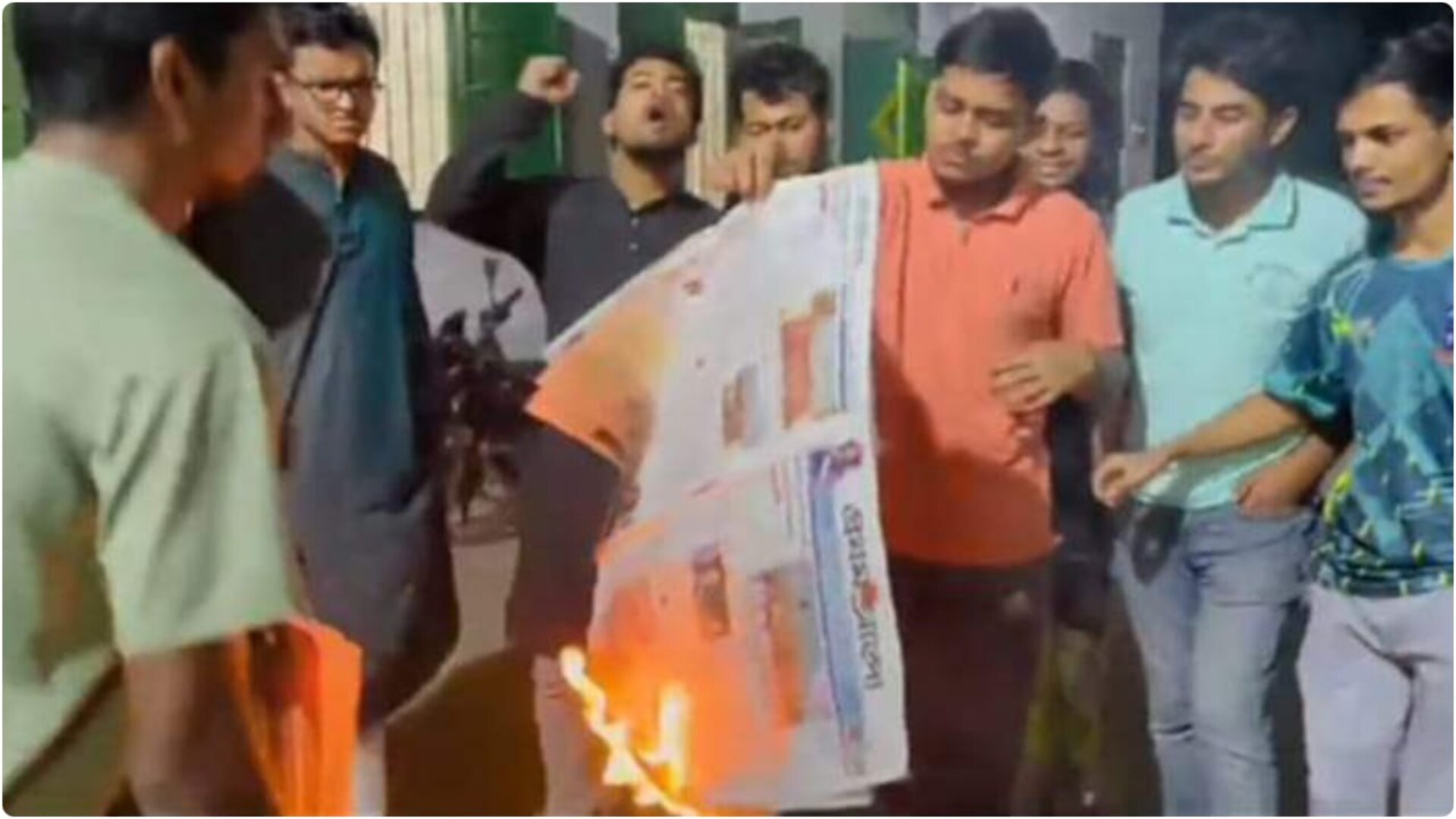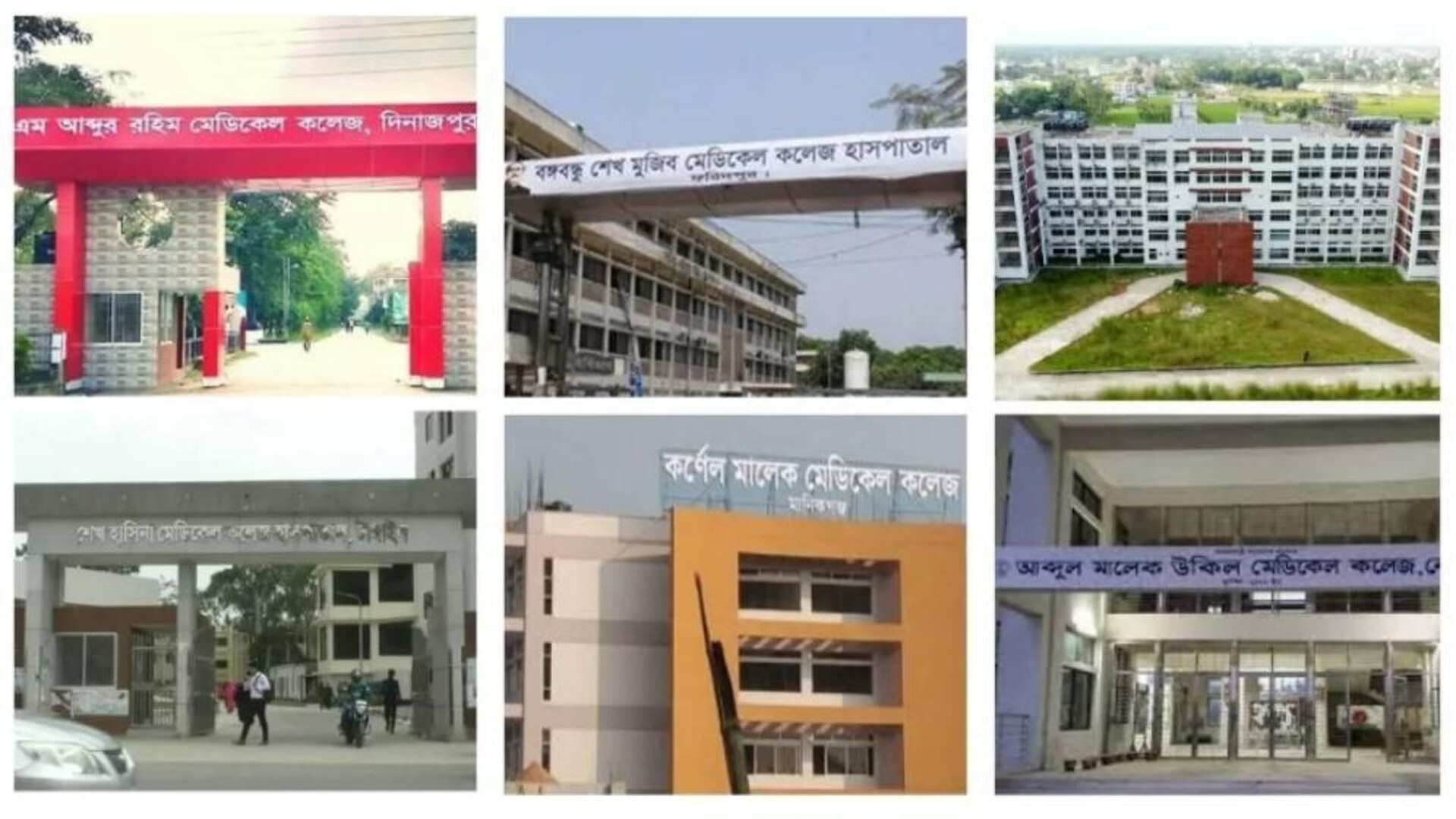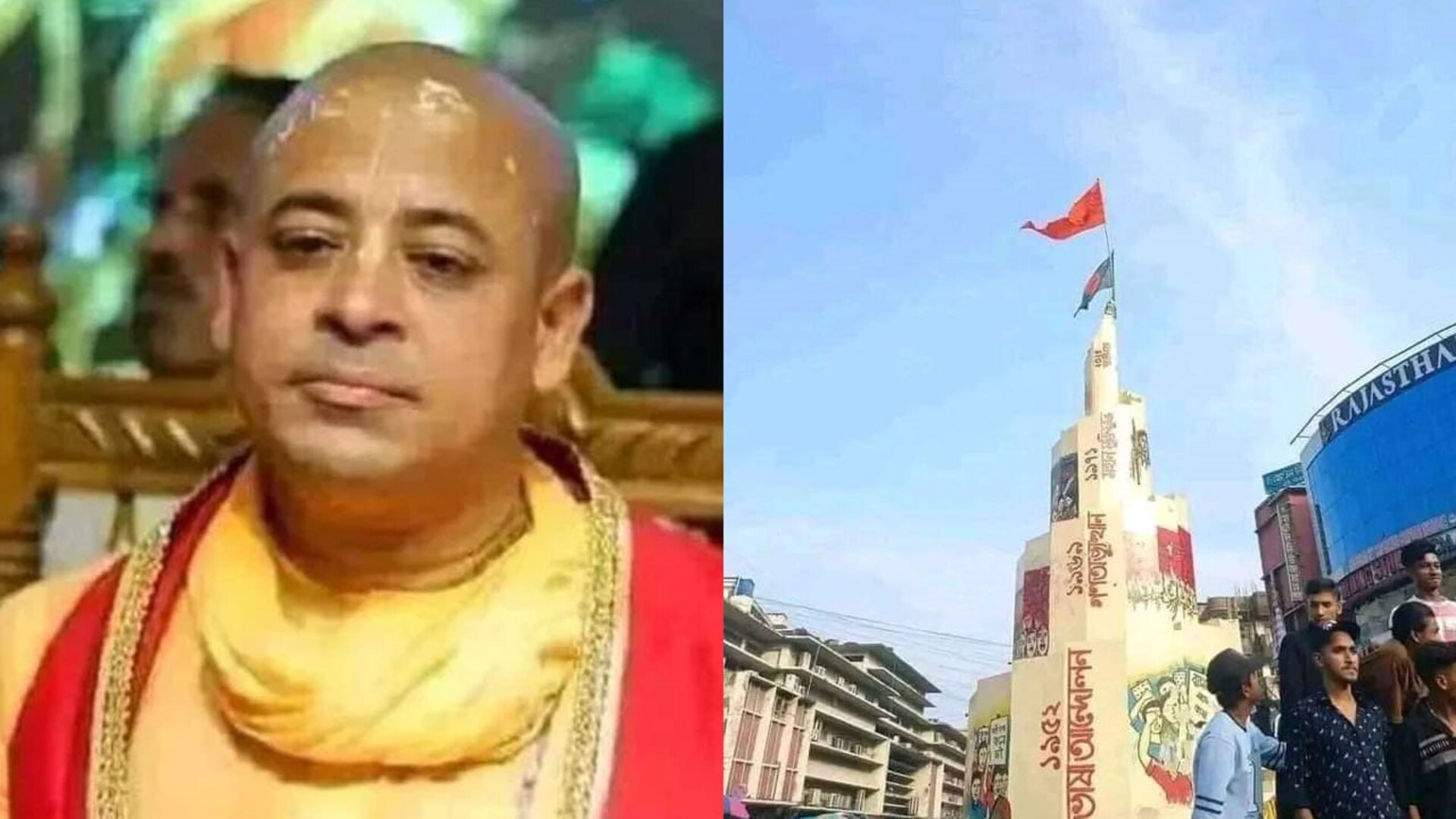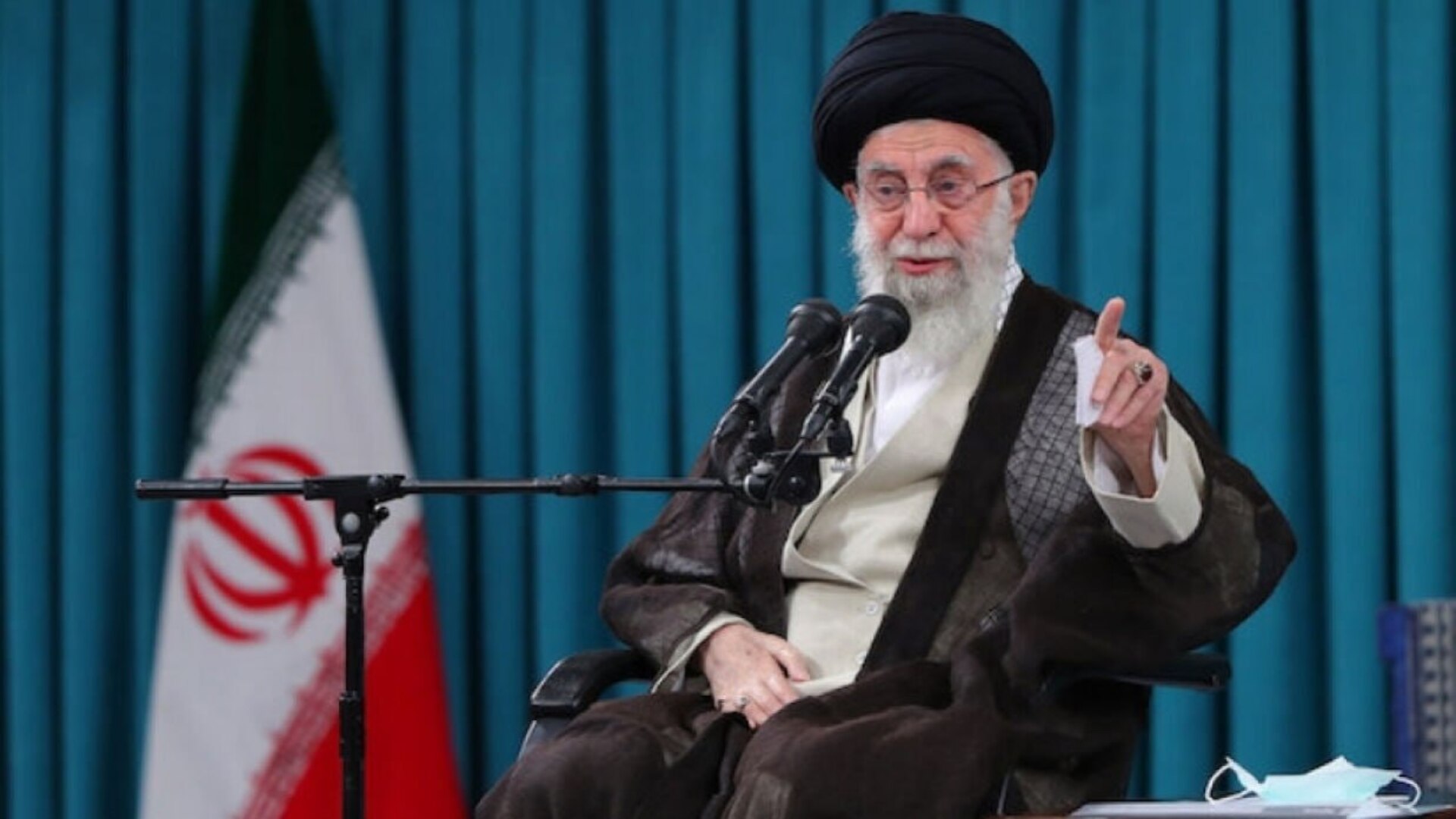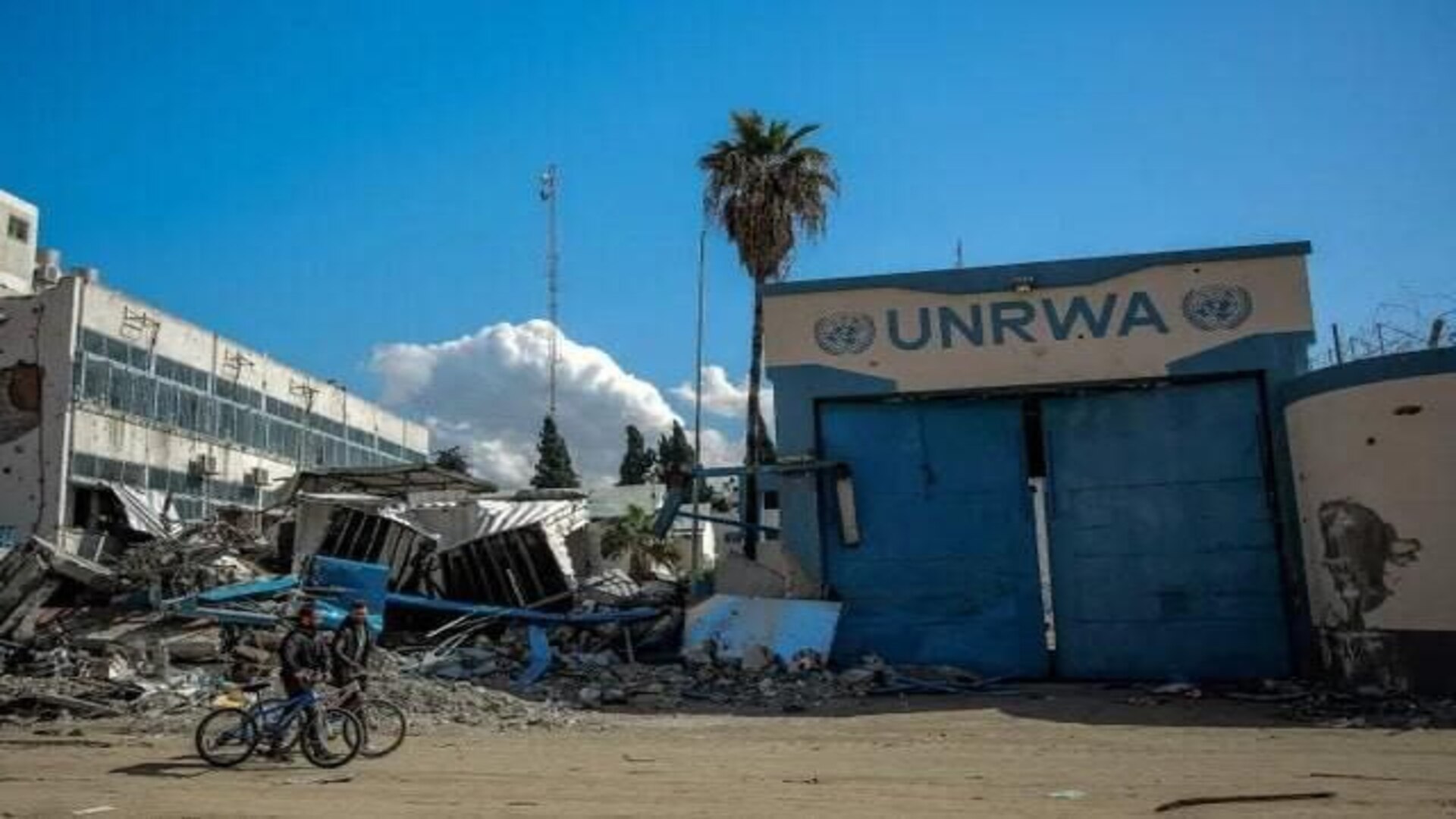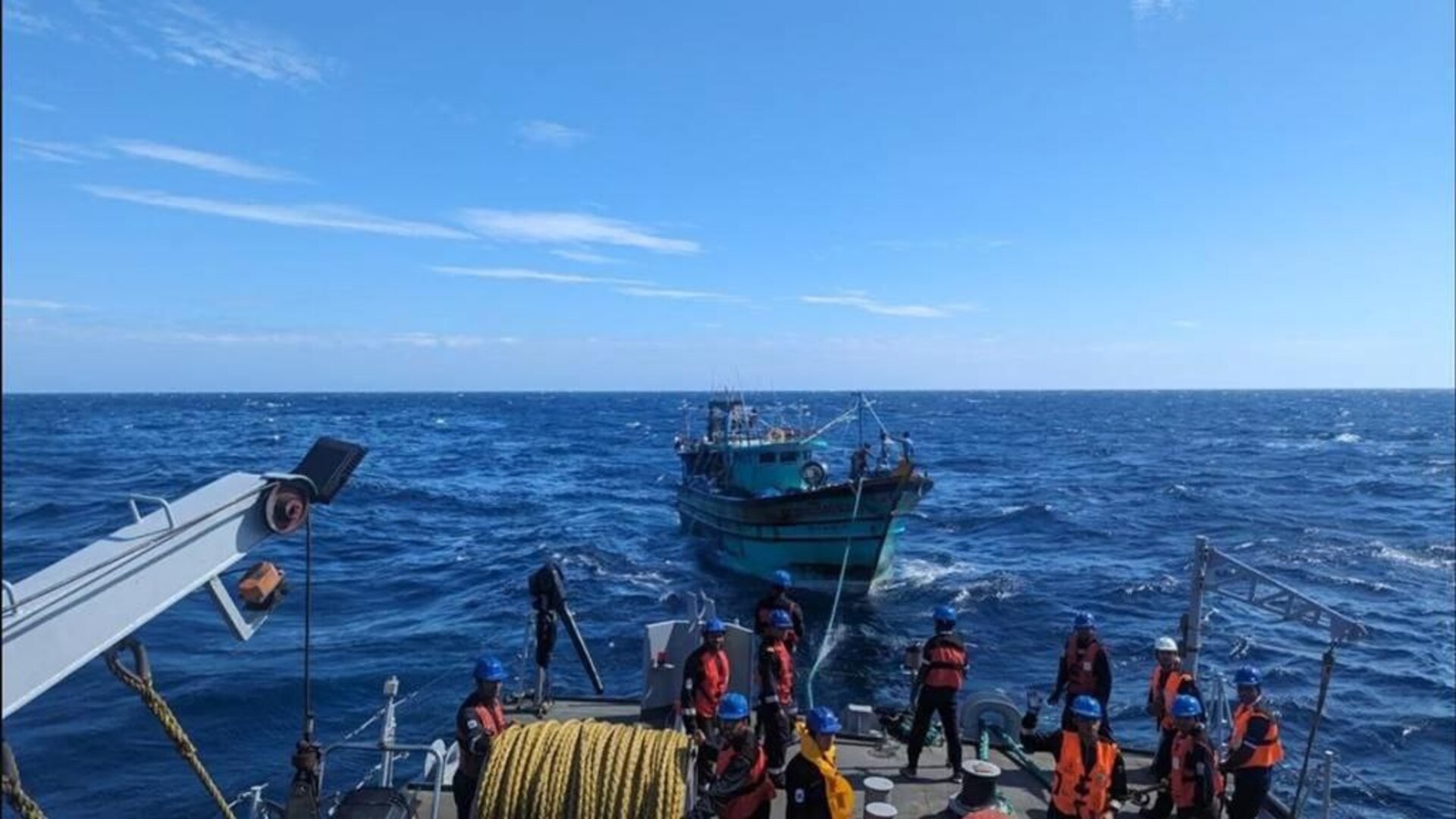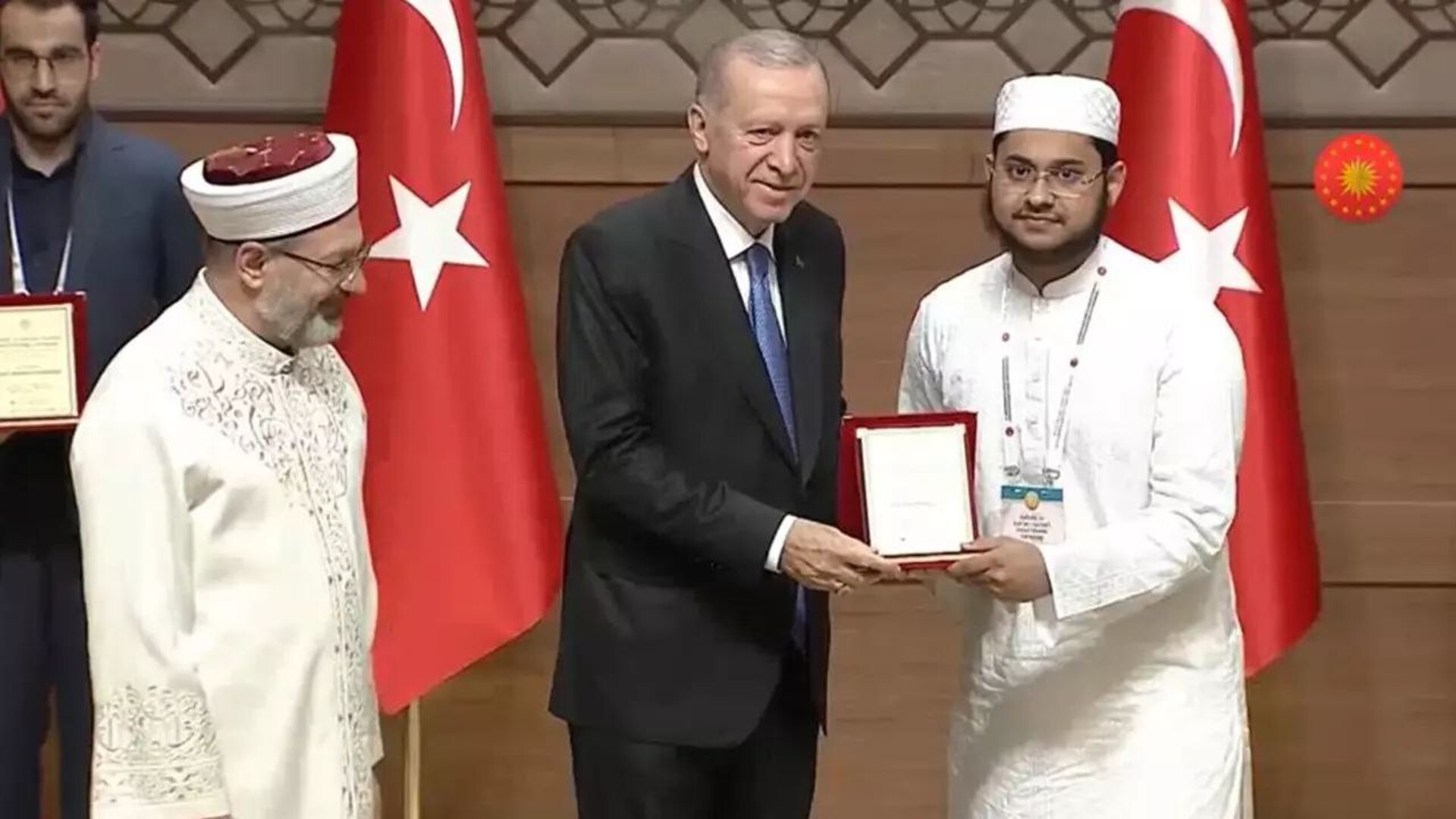Dr. Muhammad Yunus’s speech delivered at the 79th session of the United Nations General Assembly (UNGA) fully written below
In the name of Allah, the Most Gracious, the Most Merciful
Honorable President of the United Nations General Assembly, I extend my heartfelt congratulations on your election. I assure you that during your tenure, the delegation of Bangladesh will offer you full support.
I also express my deep appreciation for Secretary-General António Guterres for his firm determination and successful leadership in upholding the mandate of the United Nations and addressing global crises. I especially commend his visionary role in organizing the ‘Summit of the Future.’
The adoption of the ‘Pact for the Future’ and the ‘Declaration on Future Generations’ at this Summit will, I believe, play a crucial role in shaping the global development agenda beyond 2030. Bangladesh believes that these accomplishments will guide us in framing a collective aspiration and cooperative structure for global prosperity.
The revolutionary changes that took place in Bangladesh in July-August of this year have paved the way for my presence at this great assembly of the international community today. The boundless energy of our people, especially the youth, has opened the door to a new possibility for transforming our existing state structures and institutions.
The movement led by our students and youth initially began as a movement against inequality. Gradually, it evolved into a mass movement. The whole world witnessed with astonishment how the entire Bangladeshi populace, both on the streets and on social media, stood firmly against dictatorship, oppression, injustice, and corruption.
Our students, through their unwavering determination and resolve, liberated us from an authoritarian and undemocratic regime. I firmly believe that within their united resolve lies the future of our nation, one that will elevate Bangladesh to the status of a responsible nation within the global community.
This mass movement has united the deprived masses of Bangladesh in their quest for political rights and development. Our people sought inclusive participation in development initiatives. They fought for a just, inclusive, and effective democracy, for which our new generation had sacrificed their lives.
The wisdom, courage, and resolve demonstrated by our youth have left us deeply inspired. Despite the threat of bullets, they stood their ground. Our young women loudly protested against the unlawful usurpation of state power. Even school children fearlessly laid down their lives. Hundreds of people lost their sight forever. Our mothers, laborers, and countless others from urban areas stood shoulder to shoulder with their children on the streets. Despite scorching heat, rain, and the threat of death, they overcame the dark conspiracies of the state that had governed through manipulation for so long.
According to our knowledge, we lost over 800 lives in this people’s movement at the hands of authoritarian forces.
Bangladesh was born out of the deep belief in liberalism, pluralism, and secularism. The values that inspired our people to fight in 1971 have been rediscovered by our ‘Generation G.’ This reminds us of the same spirit seen during the 1952 language movement when Bangla was established as the mother tongue.
This ‘Monsoon Uprising’ of Bangladesh will inspire people worldwide to stand for freedom and justice in the days to come. I, therefore, make a heartfelt appeal to the global community to engage anew with our new Bangladesh to realize our aspirations for freedom and democracy.
Honorable President,
The youth and general public of our nation, united in their call for restructuring the oppressive state framework, have placed their trust in me and my advisory council to lead the government and restore order.
Upon assuming responsibility, we were shocked and disheartened to witness how pervasive corruption had destroyed an effective democratic system, how key state institutions had been held captive by ruthless partisanship, and how public wealth had been plundered with impunity. A small vested interest group monopolized all business, unlawfully expropriating the country’s resources and smuggling them abroad. In short, justice, ethics, and morality had vanished at every level.
In such a state, we have been tasked with rebuilding the country and restoring the state apparatus that the people desire. Our primary goal is to rectify past mistakes and establish a competitive and robust economy alongside a just society.
In the changed political landscape, all political parties now have the freedom to express their views. Our priority is to ensure accountability for every individual or institution involved in the state’s work and decision-making process.
We are firmly committed to upholding and protecting people’s fundamental rights. Our goal is for the people to speak freely, assemble without fear, and elect their preferred representatives. We are also committed to preserving judicial independence and strengthening the freedom of the press, including in the cyber domain.
We emphasize increasing allocations to health and education over constructing massive infrastructure, so that even a farmer’s or a laborer’s child can reach the highest echelons of society. Good governance at every level of the state is our ultimate goal.
Bangladesh is committed to upholding all international, regional, and bilateral agreements to which we are a party. Bangladesh will remain active and continue its contributions to the multilateral framework of the United Nations. Based on mutual respect, dignity, and interest, Bangladesh is keen to maintain friendly relations with all states.
Honorable President,
Within just seven weeks, our government has undertaken several significant initiatives. Responding to our request, the UN High Commissioner for Human Rights has sent a fact-finding mission to Bangladesh to investigate human rights violations during the people’s movement and provide recommendations for preventing future occurrences. I express my deep gratitude to the High Commissioner for this swift response.
Within two weeks of assuming office, we have acceded to the International Convention for the Protection of All Persons from Enforced Disappearance. We are currently in the process of drafting domestic laws and regulations for its immediate implementation.
A commission is presently investigating allegations of enforced disappearances over the past one and a half decades in Bangladesh.
To restore public trust and confidence and ensure that the brutal past does not return, we are prioritizing reforms in key areas. To that end, we have established independent commissions to reform the electoral system, constitution, judiciary, public administration, and law enforcement. We are also in the process of forming commissions for media and press reforms.
To create a conducive environment for business, we have initiated extensive reforms in the banking and financial sectors. We are committed to ensuring that no foreign business or investment is adversely affected. We are working to make these reforms sustainable in the long term and to create a suitable environment for free, fair, and participatory elections.
We call for the international community’s increased and deeper support for Bangladesh’s aspirations to emerge as a just and inclusive democratic society through the achievement of democracy, the rule of law, equality, and prosperity.
Honorable President,
Bangladesh believes that peace and conflict resolution are essential drivers for ensuring people’s prosperity. During our nation’s most challenging times during the recent revolution, our brave armed forces once again demonstrated their commitment to peace by standing firmly alongside the people in their quest for freedom.
This was possible because human rights have been placed at the heart of our commitment to peacekeeping. Bangladesh has consistently expressed equal commitment to peacebuilding as it has to peacekeeping since the inception of the UN Peacebuilding Commission. In the coming days, we are determined to uphold and expand Bangladesh’s value-based contributions to UN peacekeeping operations.
As the fourth-largest contributor to UN peacekeeping operations, Bangladesh has so far deployed peacekeepers in 63 missions across 43 countries. From Bosnia to the Congo, 168 Bangladeshi peacekeepers have sacrificed their lives in the line of duty. We hope that despite challenges, Bangladesh’s defense forces will continue to contribute to future UN peacekeeping missions.
Honorable President,
Our world must accurately identify global priorities. Climate change threatens the very existence of us all. This summer’s record-breaking heat serves as a stark reminder of the urgency of climate-related justice, where those responsible for reckless decisions and negligence are held accountable for the damage caused.
The long-term impacts of climate change are causing irreversible harm. We are losing biodiversity, new diseases are emerging due to pathogen changes, agricultural systems are under pressure, dwindling water resources threaten our habitability, rising sea levels and salinity are damaging ecosystems, and the increasing frequency and intensity of cyclones are causing severe destruction.
Small farmers and those on the margins are the most vulnerable to the risks of climate change. As I speak before this global assembly today, over five million people in eastern Bangladesh are facing the most devastating floods they have experienced in their lifetime.
Secretary-General Guterres has shown us that if the current trajectory continues, the world is heading toward an average temperature rise of 2.7 degrees Celsius. Therefore, I call for massive investments in climate adaptation for countries like Bangladesh that are highly vulnerable to climate change. Additionally, operationalizing the Loss and Damage Fund through innovative solutions and additional financing is critically important.
Similarly, we need increased access to and capacity for technology, particularly life-saving technology, especially in agriculture, water, and public health sectors, where small-scale innovations can protect vulnerable populations.
We must work simultaneously to tackle the climate crisis and stabilize the global economy. The world is now focusing on creating a carbon-free planet. To ensure that the majority of the world’s population benefits from this shift, countries like Bangladesh must be included in achieving the goals of a net-zero world. Otherwise, we will fall behind in fulfilling our universal commitment to achieving ‘mutual prosperity’ through ‘mutual responsibility.’
In this regard, I believe that the world can jointly consider the concept of ‘Three Zeroes,’ through which we can achieve zero poverty, zero unemployment, and zero net carbon emissions. Every young man and woman on this planet should have the opportunity to become entrepreneurs rather than job seekers, allowing them to harness their creativity despite limited resources. Social businesses can bring about a fine balance between societal benefits, economic profit, and responsibility toward nature. Through social business, any individual can transition from a life driven by consumption to becoming a creative force for social and economic change.
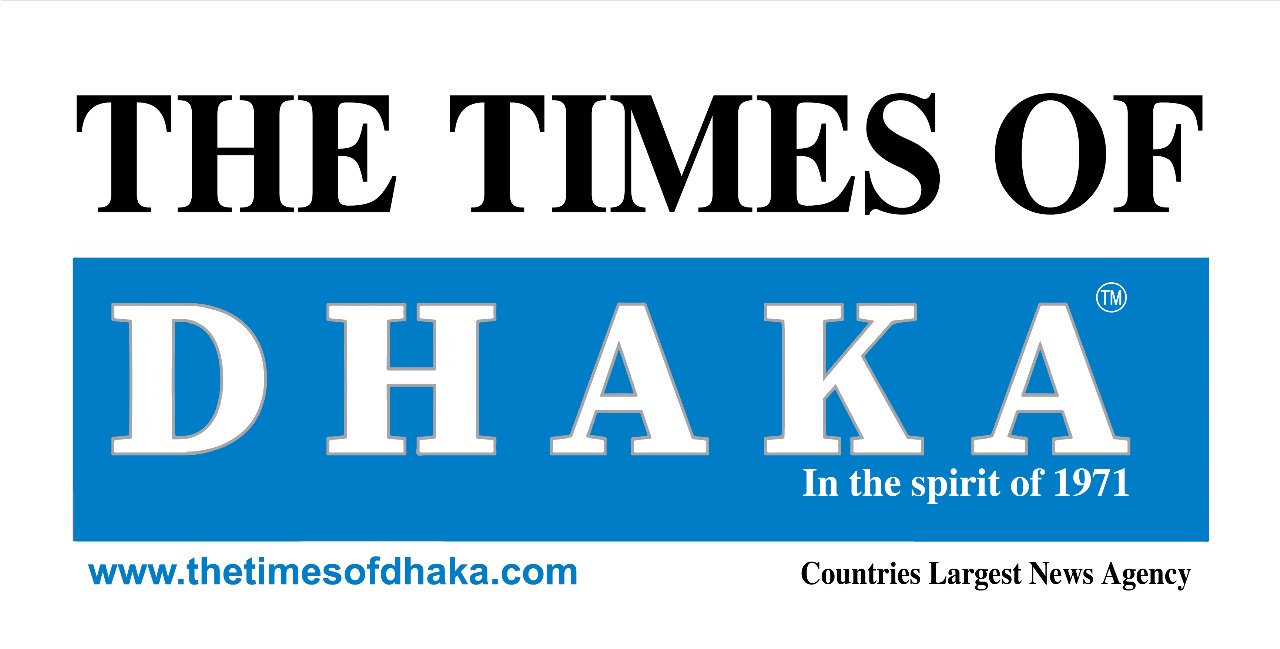
 Reporter Name
Reporter Name 